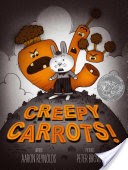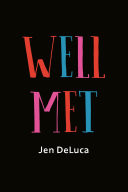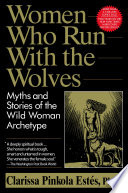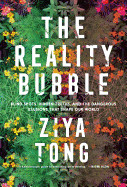
A candidate for last year‘s Canadian NF award: each chapter tackles a different “blind spot” that collectively are contributing to impending global destruction. The writer examines big banks, food production, technological monitoring, time keeping, energy creation, and much more. The diversity of the themes meant it didn‘t always feel like it hung together, but provided a breadth of info.
#Booked2021 #WomenOnScience
#Nonfiction2021 #Nature

























5y